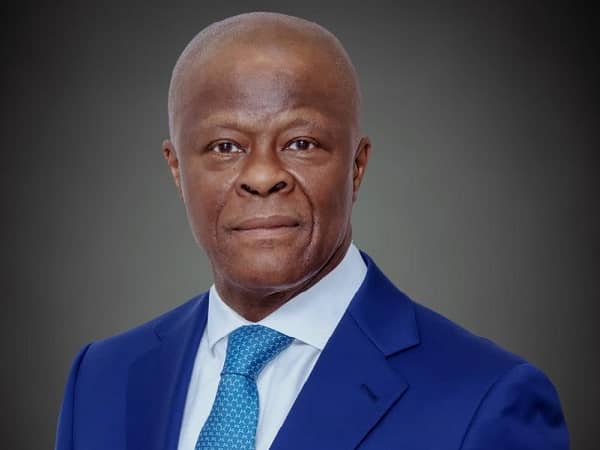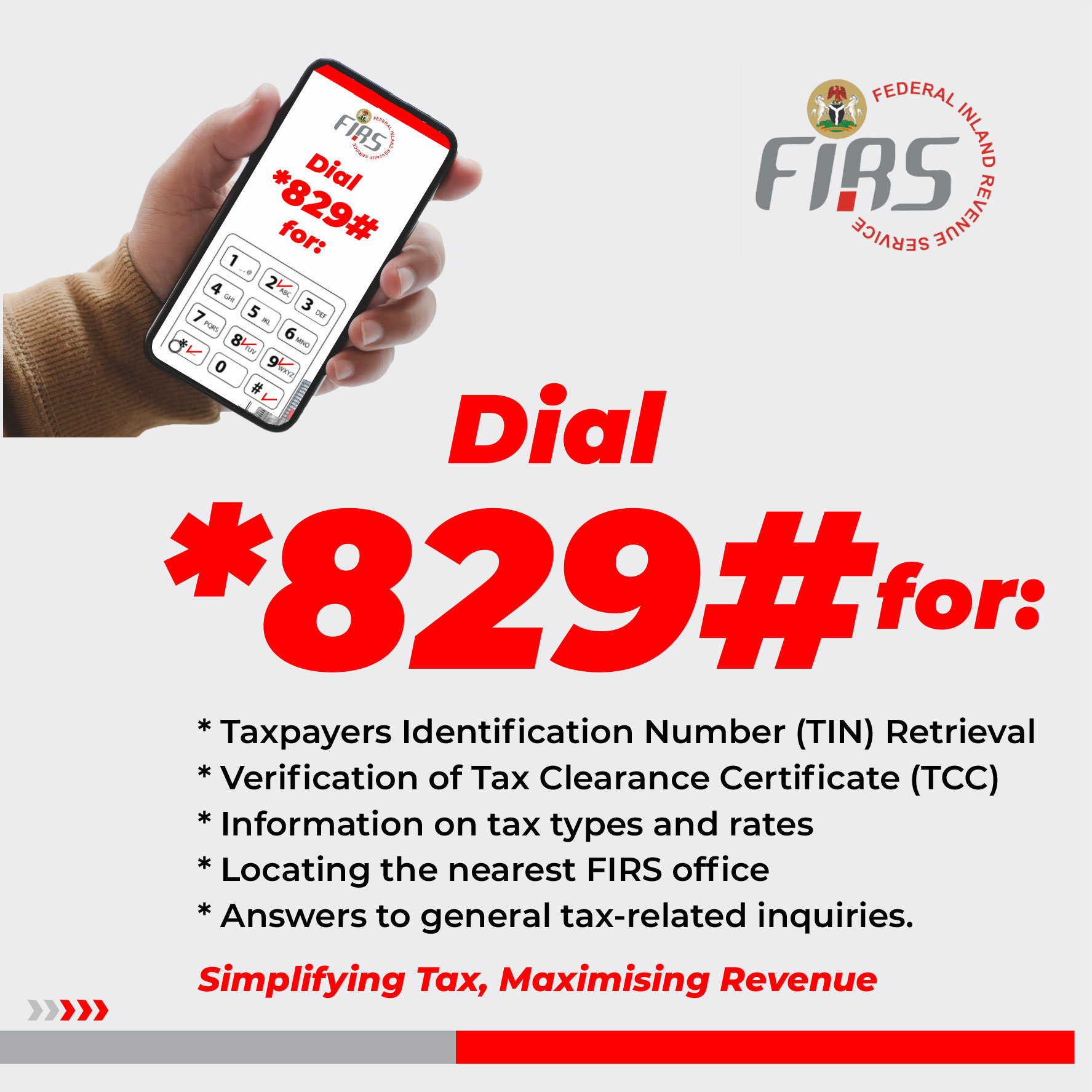26th April, 2025
Taiwo Ogunniyi
The Federal Government has unveiled fresh plans to crash Nigeria’s inflation rate to single digits and create more job opportunities for citizens as part of broader economic reforms driven by President Bola Tinubu’s administration.
Speaking at a press conference marking the end of the 2025 International Monetary Fund (IMF) and World Bank Spring Meetings in Washington D.C., Minister of Finance and Coordinating Minister of the Economy, Mr. Wale Edun, said the government was committed to supporting youth employment and boosting digital infrastructure across the country.
“Our objective is simple: create jobs locally, empower the youths, and support them with critical infrastructure like internet access and fibre optic networks to enable remote work,” Edun stated.
He disclosed that Nigeria’s unemployment rate had fallen from 5.3 percent in the first quarter of 2024 to 4.3 percent by the second quarter, attributing the improvement to the administration’s bold economic reforms.
Despite global uncertainties, Edun assured that Nigeria was well positioned to withstand economic shocks, pointing to early gains from the government’s policies. “The reforms are working, and the results are clear,” he said.
Governor of the Central Bank of Nigeria (CBN), Olayemi Cardoso, echoed similar optimism, admitting that while inflation remained a major challenge, the government’s strategy was firmly focused on sustainable solutions.
“We recognise that inflation remains the most disruptive force to the economic welfare of Nigerians,” Cardoso said. “Our policies are aimed at bringing it down to single digits over the medium term.”
Cardoso added that Nigeria’s efforts were already being noticed globally, noting that at the IMF meetings, Nigeria was cited as an example of how reforms could transform an economy. “We have moved from a position of vulnerability to one of growing strength,” he said.
According to him, the recent investment forum hosted at the Nasdaq Market Site in New York helped showcase Nigeria’s improving economic fundamentals and attracted strong interest from both diaspora Nigerians and foreign investors.
The CBN governor further revealed that Nigeria recorded a balance of payments surplus of $6.83 billion in 2024, driven by rising exports and increased capital inflows. He noted that this achievement had helped stabilise the naira and narrow the gap between official and parallel market rates.
He also highlighted ongoing efforts to recapitalise Nigerian banks, describing the exercise as critical to achieving the government’s ambition of building a one trillion-dollar economy by 2030. “The banking sector recapitalisation is progressing well with full stakeholder support,” he said.
Chairman of the Senate Committee on Finance, Senator Sani Musa, praised the economic team’s performance, particularly in pushing fiscal reforms aimed at reducing poverty. “The administration is doing very well in repositioning the financial system. Our tax reforms are on track to deliver real benefits to Nigerians,” Musa noted.
The Nigerian delegation to the IMF/World Bank meetings, led by Edun, also included CBN Governor Cardoso, Director-General of the Debt Management Office Patience Oniha, and other top government officials. During the meetings, they engaged with global fund managers, financial leaders, and development partners to strengthen partnerships and highlight Nigeria’s economic progress.



